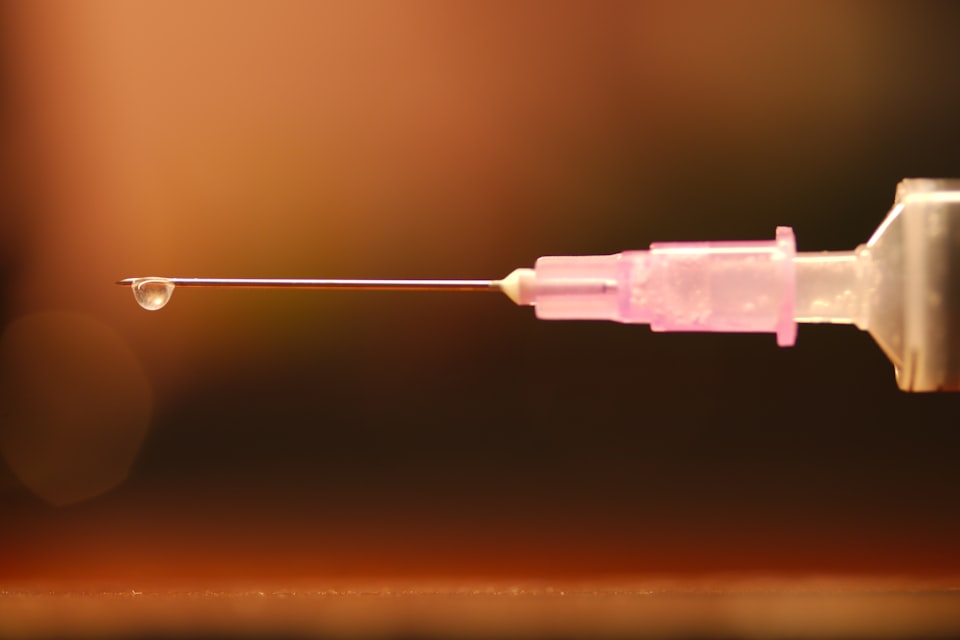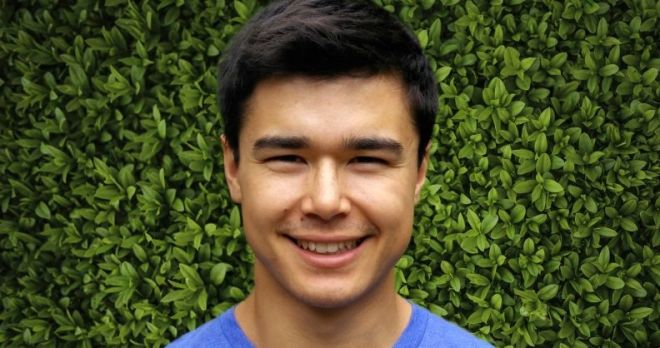Reflections on a Taster Week in Anaesthetics

Welcome back to the second installation of Anaestheasier’s tips and tricks to help you get the most out of your anaesthetic taster sessions, to build your anaesthesia portfolio and give you that all-important edge whenv it comes to those pesky anaesthesia core training interviews.
In our previous article, ”Top Tips for a productive Taster Week in Anaesthesia“, we discussed how to organise your taster week, how it would likely be arranged, and some of the things you might expect to see along the way. In this post, we’ll explore how a taster week will not only inform your career decisions, but how the time spent will pay further dividends when it comes to anaesthesia core training applications and anaesthesia interviews.
The Maltese Foundation Programme write that taster weeks provide a
‘better understanding of what becoming and being an anaesthetist means’.
In other words, it’s all well and good saying that you’ve had a five day taster in anaesthetics. But you should aim to take it to the next level, like the Maltese, and demonstrate that you have reflected on not only the fun stuff and your love for propofol, tubes and coffee, but also the gritty stuff like the specific training requirements, appraisals, exams, and importantly, what life looks like post-completion of training/CCT.
Getting the most from your anaesthetic taster week
When you’ve got your taster session organised, you might want to think about the reasons and factors that are drawing you to anaesthesia in the first place. Your understanding and articulation of these reasons will become more shapely in time, but everyone knows that they need to be top-drawer for your interview and thus every anaesthetics consultant you meet in your sessions will ask…
So, why do you want to become an anaesthetist?
In response, ‘I like coffee, bicycles, I know my VO2max, have a Garmin strapped to every limb and on Sundays I dabble in sudoku’ is a very good start, but this week can provide opportunities to learn more about what the day-to-day really looks like, with all the ins-and-outs and variations of an anaesthetist’s role, rather than compounding various stereotypes. After all, not every anaesthetist likes cycling and coffee (shock, horror!).. we think.
The more you discover about the career itself, from a variety of people at different grades and levels, the more you’ll be able to virtually slot yourself into their shoes that are taking steps in both one and thirty+ years in the future.
Here are some groupings of themes of questions I like to ask, with an overlay from recent experiences and chats that I have had in theatres.
What is life as an anaesthesia trainee really like?
- What do they do when they sit at the head of the patient on the other side of the ‘blood-brain-barrier’ surgical drape and surgeons? What do all of the beeps mean?
- What about cool procedures and kit? E.g. I recently saw an interscalene nerve block. Give enough and you numb the arm’s brachial plexus and the patient will thank you. Give too much and you’ll cause Horner’s syndrome and/or a phrenic nerve palsy; the patient definitely won’t thank you!
- What does this drug do? ‘Apparently, to anaesthetise a big animal like a hippo, vets must use opioids (Carfentanil) so strong and lipid soluble that they need to cannulate themselves and have naloxone ready, because if the drug touches their skin or is accidentally inhaled they will become apnoeic…’
- What does anaesthesia core training or the ACCS training program look like? What about the experiential side of training? How did they get to where they are? How did they adapt from being a dogsbody house officer to becoming a sanctioned drug dealer?
- Generally there is universal pride in the time and quality of teaching.
- There’s a feeling of being in a ‘tribe’ and having a purpose (of dedicated learning and skill acquisition, rather than just passing your exams!)
- Relief at having no more ward rounds or administration to take up the ‘bandwidth’ of each given day. 100% of time can be spent in a close learning environment with a consultant anaesthesist, with patients, doing procedures or having protected study time.
- Can you imagine a job where you feel fatigued at the end of a day because of the amount of learning that has been had!?
- Advice about courses or exam preparation – this is super important for your sanity in the future and also to answer ‘what will the hardest part of this training programme be for you’ when asked during any interviews.
What is life as an anaesthesia consultant really like?
- What was their path to consultancy?
- People take many paths until they find the right one. I’ve met anaesthetists with first lives as orthopaedic surgeons, sound engineers, general medics and lawyers, who despite accrual of knowledge, experience and seniority in their fields have found themselves migrating to anaesthetics.
- Why do they like anaesthesia?
- Sometimes it’s due to the job plan, PAs per week, or salary.
- Work as a consultant is mapped onto the week as PAs, with one PA equalling a 5 hour session i.e a morning’s work. Anaesthesia is friendly to people who work part-time, job share, or split work with other specialties and commitments e.g. intensive care. The salary as a consultant, or even as a registrar, can be augmented with private practice work – but the amount of private work taken up varies between persons; thus, I conclude that anaesthetics is a very flexible specialty that can be tailored to fit many individuals.
- How do they feel about their job roles and responsibilities?
- Some consultants love the focussed nature of their job – be a friendly and nice person to allay the fears of the patient and do the job safely, effectively and efficiently. Many say that they feel ‘free’ with their names above no beds in the hospital, with no retention of responsibility once they leave in the evening or for the weekend. Some find the anaesthetic part dull after a while, but recognise that a routine anaesthetic tempers high-stress commitments elsewhere.
- Are they working overtime? Do they feel that they are respected in their jobs? What are the problems facing working as an anaesthesia consultant?
- It’s highly recommended to explore the opinions of consultants with regards to the past, present and future political states of and working conditions within the NHS.
- What are the opportunities available to consultants to subspecialise – and why would one choose these subspecialties?
- Anaesthesia subspecialties include paediatrics, neuro, cardiothoracics etc, while, pain medicine, perioperative assessment, HEMs/retrieval/prehospital/wilderness medicine, intensive care medicine, the military, research and management all combine well with a CCT in anaesthesia.
- Do you have a greater appreciation of the cerebral side of anaesthesia? Perhaps a parallel career in research is an appealing option. Prefer practical, hands-on RSIs and gung-ho central lines and like helicopters? Maybe consider working in prehospital medicine or a career with the military.
- Many anaesthetists genuinely love teaching and the company of trainees.
- One anaesthetist shared with me that having professional discussion with motivated and intelligent juniors is one of his favourite parts of the job. He enjoys teaching because by formulating his answers to complex or unexpected questions he has had to improve his knowledge, and his ability to communicate this knowledge – if this isn’t a sign of a man with a ‘growth mindset’, I don’t know what is!
- Not many other specialties have as much time to teach, nor as much time of one-on-one senior-junior time.
- Did you know that if trainees did not join the lists of consultant anaesthetists, the International Crossword Protection group (ICP) estimates that the toll on the worldwide population of crosswords would endanger them to near-extinction by 2030?
- There appears to be little in-fighting and few unhappy anaesthetic families.
- ‘There is no other specialty where the staff are so collegiate – we all have fun and banter together, and we all know that we can call for help as soon as anything out of the ordinary happens’. As he finished saying this, a consultant colleague bumped through the door to ask whether he was having fun and had drunk enough tea – the third of such check-ups of the morning.
So, you’ve organised your taster experience in anaesthesia, put some tubes down and some lines in – after reading this blog, we hope that you’ll appreciate the wider aspects of becoming and being an anaesthetist, and are informed to be able to ask your own questions to find your own answers!
Dr Rory Heath
Anaesthetics Core Trainee
